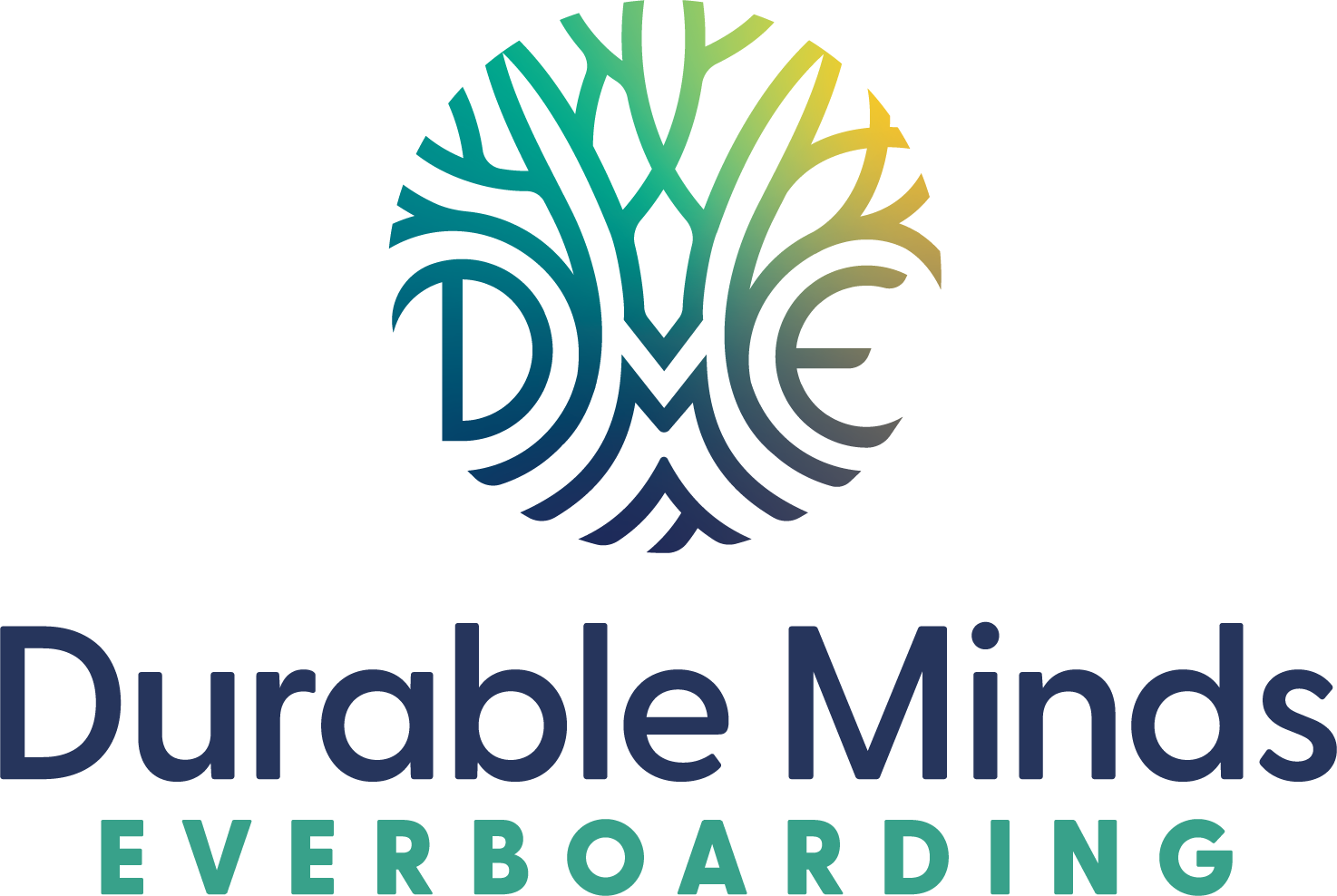When you start a new job, your boss might not immediately hand you a full workload. That doesn’t mean it’s time to sit back, binge-watch Netflix, or sleep until noon (for remote roles). You’re in charge of your own growth, and if you want to build a strong career, you have to take initiative—find work, create projects, and get involved in what’s happening around you. Progress doesn’t come from just working harder; it comes from working smarter. Being proactive, setting your own goals, and driving your own development (especially when your manager isn’t) can fast-track your career, leading to promotions, higher pay, and more freedom in the long run.
Now, let’s be real—you’re sitting at your desk, refreshing your inbox, and wondering if your boss even remembers you exist. Not great. But instead of waiting around (or, let’s be honest, scrolling through your phone), take control and make yourself useful—without falling into the trap of meaningless busywork. Here’s how to create your own work when there’s nothing official on your plate:
Fix What’s Broken (Even If No One’s Asked You To)
Every workplace has processes that are clunky, outdated, or just plain annoying. Maybe it’s a reporting system that takes way too long, or a spreadsheet that everyone dreads using. Instead of ignoring it, take a closer look. Could you automate something? Organize it better? Write up a quick proposal or even just test out a better way of doing things. Small improvements add up, and people will notice when you make their lives easier.
Dig Up Useful Info
If you’re light on tasks, use the time to research something that could actually help your team. What are competitors doing better? What trends are popping up in your industry? What do customers keep complaining about? Pull together a few key insights and share them in a quick email, Slack message, or informal chat. No need for a full-blown report—just enough to spark conversation and show you’re thinking ahead.
Jump Into Someone Else’s Project
Just because your boss isn’t assigning you work doesn’t mean no one else needs help. Check in with coworkers, especially in other departments. “Hey, I’ve got some bandwidth—need a hand with anything?” That one sentence can open up new opportunities, help you build relationships, and get you involved in projects you wouldn’t have known about otherwise. Plus, it makes you look proactive rather than passive.
Learn Something That Actually Helps
Instead of just looking busy, use the downtime to level up. Is there a software your team uses that you’re not great at? A skill that would make you more valuable? Pick something practical—like getting faster at a reporting tool, figuring out a better way to track projects, or creating a quick reference guide for something people always ask about. It doesn’t have to be a huge undertaking—just something that makes you (and your team) more effective.
When you take control of your career, you'll see growth and results—especially when you're working for the right company. It’s about being strategic and positioning yourself as an asset and a key player in the organization. Everything you do builds your brand, value, and perception in the eyes of the decision-makers. Focus on high-value projects that make an impact, rather than busy work (we cover this in detail in the Showing Up section). This approach ensures that your efforts are noticed and appreciated, accelerating your professional growth.
Large text.
Bottom line? Don’t wait around for someone to tell you what to do. Taking charge of your career means finding ways to add value, even when work isn’t handed to you. The more you take initiative—whether by setting your own goals, tackling meaningful projects, or improving processes—the more valuable you become. This not only builds your skills but also shapes how others see you, making you indispensable and setting you up for long-term success. Plus, the more proactive you are now, the less likely you’ll ever have to deal with the “not enough work” problem again.
Enroll today for as little as $37.15/month, and let’s help your grad stand out from day one!
.
One of the key aspects of understanding your new role is building relationships with your colleagues, supervisors, and other stakeholders. Take the time to connect with your team members and learn about their roles and responsibilities.
